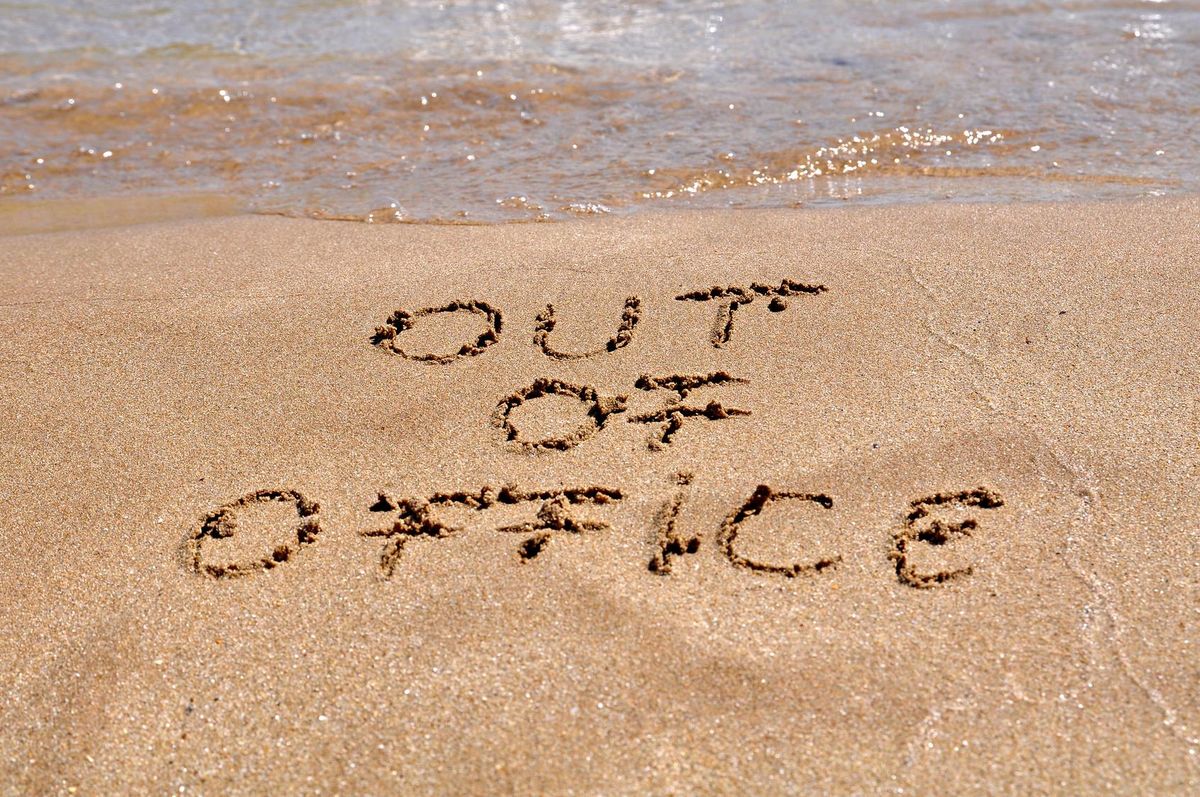
Can an Employee Call in Sick on Friday and Still Be Paid for Labor Day?
The last big weekend of the summer is traditionally Labor Day weekend. Many employees may be hoping for one final trip to the beach before the fall arrives. You have approved all of the requests for time off, but you know that if it is especially sunny and warm that weekend, someone on your staff is likely to develop a "last-minute stomach bug." So do they need to be paid for Labor Day?
Holiday pay for non-exempt employees
Many employers include a specific provision in holiday pay policies that employees must work the scheduled day before and after a holiday in order to be eligible for holiday pay. No sweat if the employee is non-exempt, eligible to earn overtime, they don’t need to be paid for the Labor Day off. Make sure the policy is in writing and don’t issue it on the day after the holiday.
Holiday pay policy for exempt employees
Establishing this policy for exempt employees is trickier and likely to be a violation of the federal Fair Labor Standards Act (FLSA), which states that exempt employees must be paid for a full work week when they are ready and able to work, regardless of the number of days or hours. There are exceptions, such as sick leave, vacation, and FMLA, but a holiday is not one of them. If an exempt employee reports an extended illness before and after a holiday you can certainly pay them for three or more consecutive sick days. When they call out sick for just one of the days, pay for the holiday.
If any employee manages to get sick for one day before or after every holiday throughout the year, this pattern is worth addressing. They have effectively created their own extended holiday schedule and most likely have an attendance problem.
If the language in your sick and holiday pay policies is unclear, tighten it up. If you have to reread the paragraph a few times to figure it out, your employees probably won’t understand it, either. If you want to change the policy, do it well in advance of any upcoming holidays.



